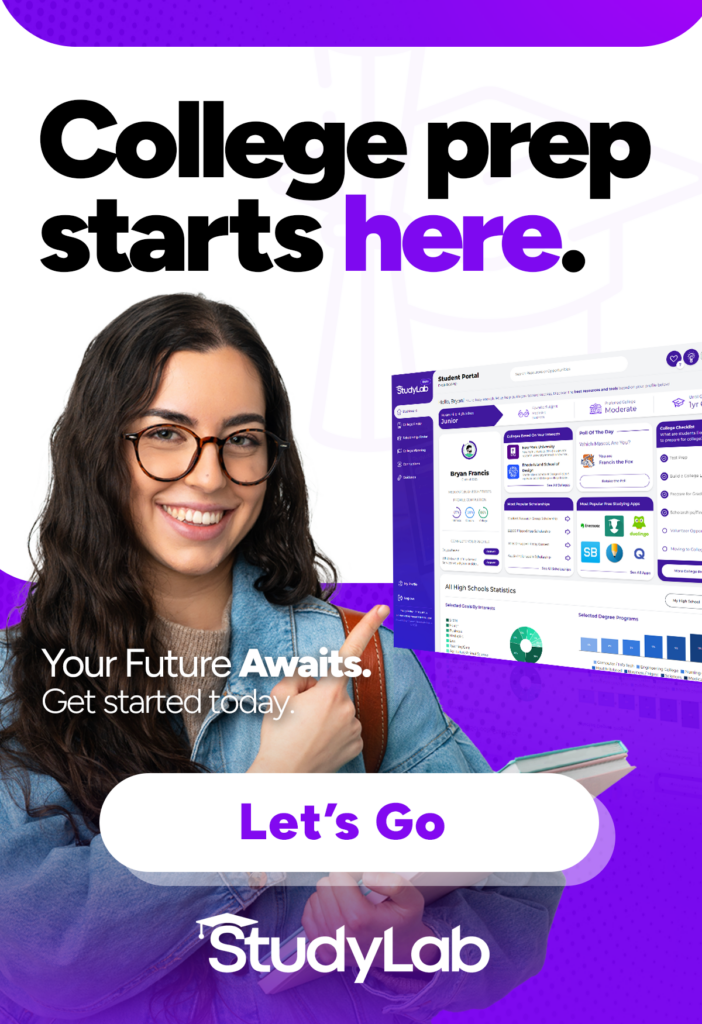Do You Go to College for Job Training or Self-Discovery? Or Maybe Both?
Let’s meet two students who have very different goals for what they want to achieve in college . . .
- Student A (let’s call him Paul) has always wanted to be a petroleum engineer. He fell in love with oil derricks and drills when he was about eight years old. Now he is pursuing his dream at a state university that has a great engineering program. “My school does a great job placing grads with oil companies,” he says, “and I am hoping the same will happen for me.”
- Student B (let’s call her Susan) can’t quite figure out what to do with her life, but she loved studying creative writing and painting when she was in high school. She is now in her first year at a top liberal arts college, exploring different majors. “I thought I was going to be a poet,” she says, “but now I think I might major in gender studies and be a yoga instructor.”
Paul and Susan clearly have very different expectations about what they would like to achieve in college. Some students, like Paul, want to gain skills and credentials that will equip them for careers they have already chosen. Others, like Susan, see college as a place for self-discovery.
Shifting Sands
According to The National Center for Education Statistics and other sources, as many as 80% of all college students change majors. After graduation, many students find jobs in fields that have nothing to do with their college majors. And even if they start out in the careers they have chosen, most of them will change career paths about seven times during their adult years.
So what do you do if you are counseling Paul or Susan? Do you tell them that the difficult choices they make in college might not make that much difference during their adult years? What do you do if you are Paul or Susan’s parent? Do you intercede and give career advice, or let your kid find his or her own way? And what to you do if you are Paul or Susan?
All one can say is that it is unrealistic to expect college to provide all the answers to the puzzling business of building a life and a career.
Participate in the National Career Pathway Study and you will receive information and guidance on various college and career options which might be a good fit for you.
Related Posts
What Statistics Tell Us About Changing College Majors
Rethinking the Lowly College English Major
When and How Do High School Students Begin to Consider their Future Careers?

